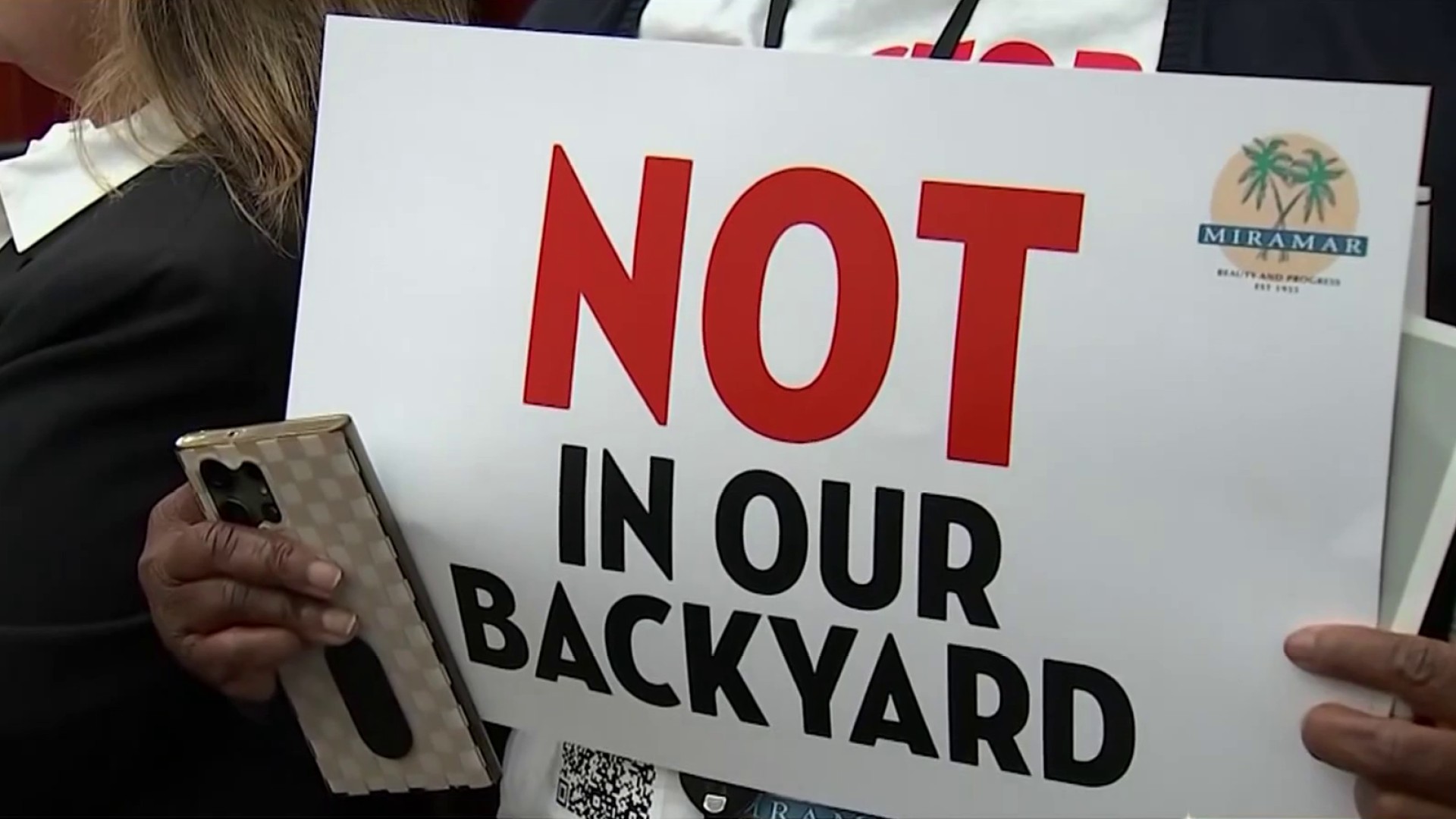Authorities kicked off a campaign Wednesday to stop sex trafficking in Miami-Dade in the months leading up to and beyond the 2020 Super Bowl in South Florida.
More than 300 local community organizations are participating in the campaign along with the Miami-Dade State Attorney’s Human Trafficking Task Force, the FBI, Homeland Security Investigations and other governmental agencies.
The campaign includes a rapid response local text or call trafficking hotline, 305-FIX-STOP, which connects victims or community members who report trafficking crimes directly with local "305" Miami rapid response resources.
"This is a highly coordinated rapid response capability to recover victims and arrest offenders, including buyers and traffickers, and engage the local community to help victims escape and report trafficking," Miami-Dade State Attorney Katherine Fernandez Rundle said in a statement.
The Super Bowl will be played Feb. 2 at Hard Rock Stadium in Miami Gardens, but dozens of party-atmosphere events surround the contest itself — all of which present opportunities for sex trafficking and prostitution.
"We're not going to tolerate the sexual exploitation of our children and our youth," Fernandez Rundle said at a news conference. "We are really ready to head this off."
The Miami effort will include ads including a "creepy guy" poster bearing the words: "Buy Sex. Be Exposed." That and other ads will appear on buses, in social media, on billboards, at mass transit stations and many other places.
Local
"Sex trafficking is a big deal," Miami U.S. Attorney Ariana Fajardo Orshan said. "We have no problem going after the most difficult cases."
Authorities say Miami-Dade County ranks first in sex trafficking in Florida, which in turn ranks third in the nation. About 40% of victims are children and most of the rest are young adults between 18 and 23 years old.
Federal statistics show that some victims are sold for sex up to 20 times a day. A trafficker can make between $150,000 and $200,000 a year for each person they sell for sex.
Kathy Andersen, executive director of The Women's Fund Miami-Dade, said sex trafficking is a chronic problem that the Super Bowl helps bring to greater attention.
"The Super Bowl does one thing for us — it gives us a platform to make noise," she said. "This is just the start of it.""We are really ready to head this off," she added.



